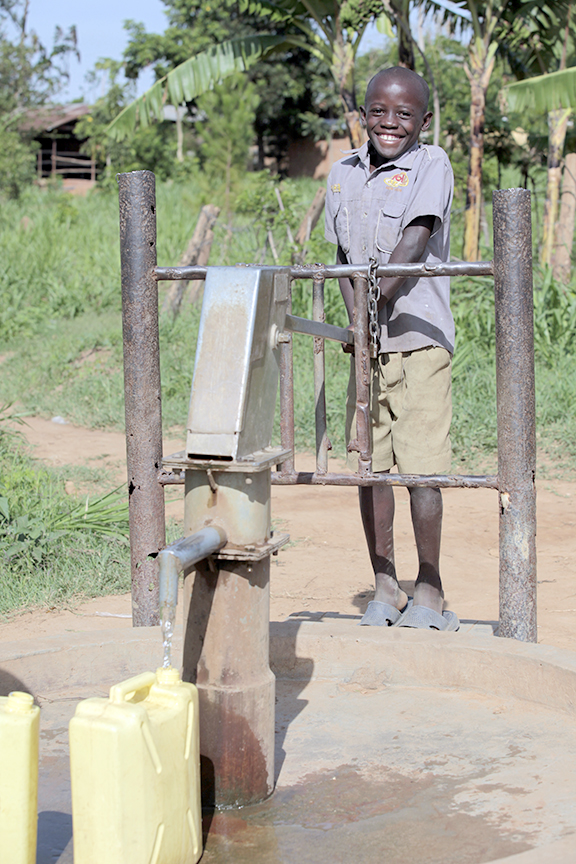
Water is a natural resource that I use regularly and never have to think much about. It’s a given that the clean, safe and refreshing liquid will flow freely from any of the several faucets in my house at any time I choose.
Not everyone is so fortunate. An estimated 780 million people don’t have access to clean water. That’s equal to two and a half times the population of the United States.
Through Resolution 64/292, the United Nations General Assembly recognized the human right to water and sanitation on July 28, 2010, calling this human right “essential for the full enjoyment of life and all human rights.” It further “calls upon States and international organizations to provide financial resources, capacity-building and technology transfer, through international assistance and cooperation, in particular to developing countries, in order to scale up efforts to provide safe, clean, accessible and affordable drinking water and sanitation for all.”
Source: http://www.un.org/waterforlifedecade/human_right_to_water.shtml
Water shortage packs a powerful punch. Compromised access to water, let alone clean water, leads to undernourished communities and even famine. Residents of developing countries around the world face this life and death challenge every single day.
Heifer International understands the necessity of clean, safe water for hygiene and home consumption, as well as raising healthy livestock and gardens. That’s why we work with families all over the world to ensure reliable access to an abundance of water that is free from dangerous, disease-causing microorganisms, pollution and chemicals.
Cisterns installed in Maniche, Haiti, make it possible for residents like Louis Desira, a tailor, to spend more time and energy on his profession than walking four kilometers each day to fetch water.
Members of Heifer’s Improving Farm Households’ Capacity in Long Phu District, Soc Trang Province in Vietnam have saved money to build hand-pumped wells. Thanks to this project, residents no longer carry unsafe water from the local river to their village every day because the wells provide clean water for drinking, cooking and bathing.
When communities have wells full of clean water at their disposal, they can implement innovations that contribute to good hygiene. Check out the highly affordable tippy tap hand-washing system Heifer project participants are using in African countries like Uganda and Zambia.
We live in a world of plenty, yet there are so many who struggle every day to survive without sufficient access to water – one of the most fundamental needs and basic human rights. The good news is there are solutions. Heifer International works diligently with partner organizations and families all over the world to end hunger, poverty, water shortages and related issues through methods that are innovative, effective and proven.